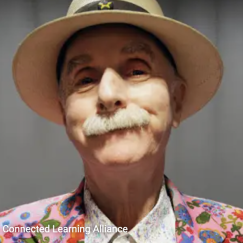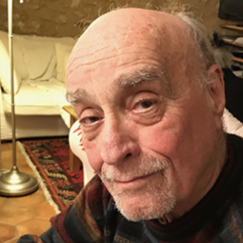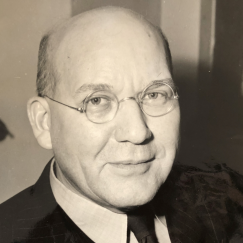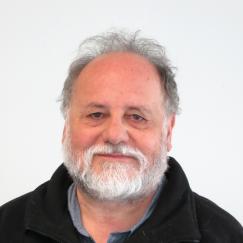Remember that values questions have a “you” in them. The goal is to involve people in relating what they see on the screen to their own lives, not to analyze the filmmaker’s technique or to engage in intellectual criticism. Allow the conversation to flow along a values and feelings track.
Bio/Short Description
Thierry De Smedt is a scholar, an educator, a researcher, and an activist in media education. He is an Emeritus Professor at the Université catholique de Louvain, Belgium, where he taught both media education and education through media to generations of students. A specialist of the role of sound in human communication, Thierry De Smedt was one of the pionners of media education in French-speaking Belgium, and an early proponent of the idea that media reception should not be studied as spectatorship, but as media competence. He directed and was involded in multiple international and European research projects on the appropriation of media and technology by the youth. Through his teaching and research, he promoted a vision of media literacy as a means to empower media users and guide them towards autonomy and social responsibility, allowing them to problematize the communicational risks associated with contemporary media. He was one of the founding members of the Higher Council for Media Education of the French Community of Belgium, one of his many involvements in the voluntary sector.
Other Grandparents
 ColinPosted By: Renee HobbsOn:07/13/2025 - 00:50
ColinPosted By: Renee HobbsOn:07/13/2025 - 00:50
 BillPosted By: Renee HobbsOn:06/29/2025 - 20:45
BillPosted By: Renee HobbsOn:06/29/2025 - 20:45
 HowardPosted By: Renee HobbsOn:01/27/2024 - 22:47
HowardPosted By: Renee HobbsOn:01/27/2024 - 22:47
 Gary Posted By: Renee HobbsOn:01/01/2024 - 00:39
Gary Posted By: Renee HobbsOn:01/01/2024 - 00:39
 Clyde Posted By: Renee HobbsOn:04/04/2023 - 18:16
Clyde Posted By: Renee HobbsOn:04/04/2023 - 18:16



pierre.fastrez
I took several of Thierry's classes as a student, and I remember his courses as thought-provoking, pushing me to question my frames of reference. I first learned about the very existence of media education in one of his classes. Still, I spent the next ten years as a PhD student and a postdoc in our department without interacting much with Thierry. I was doing research in instructional design, and thought media education was more of an educational practice than a research field. Thierry gave me the opportunity to realize I was wrong, by inviting me to join a European research consortium for a research tender in media literacy assessment. We ended up working closely together on a number of projects on the definition of media literacy as competence, and on its evaluation.
I see our professional relationship as a form of companionship. He introduced me to the many communities, frameworks and debates that drive media literacy. He welcomed all of my ideas with the greatest benevolence, and considered my ignorance of the field as a fresh look. He insisted that any of the research questions we posed needed to address a societal problem. His conceptual approach to communication, the media, and literacy has constantly challenged mine, by showing me alternative ways of looking at what I thought I knew. I can honestly say that most of what I do today has been influenced by my interactions with Thierry, and I am very thankful for that.